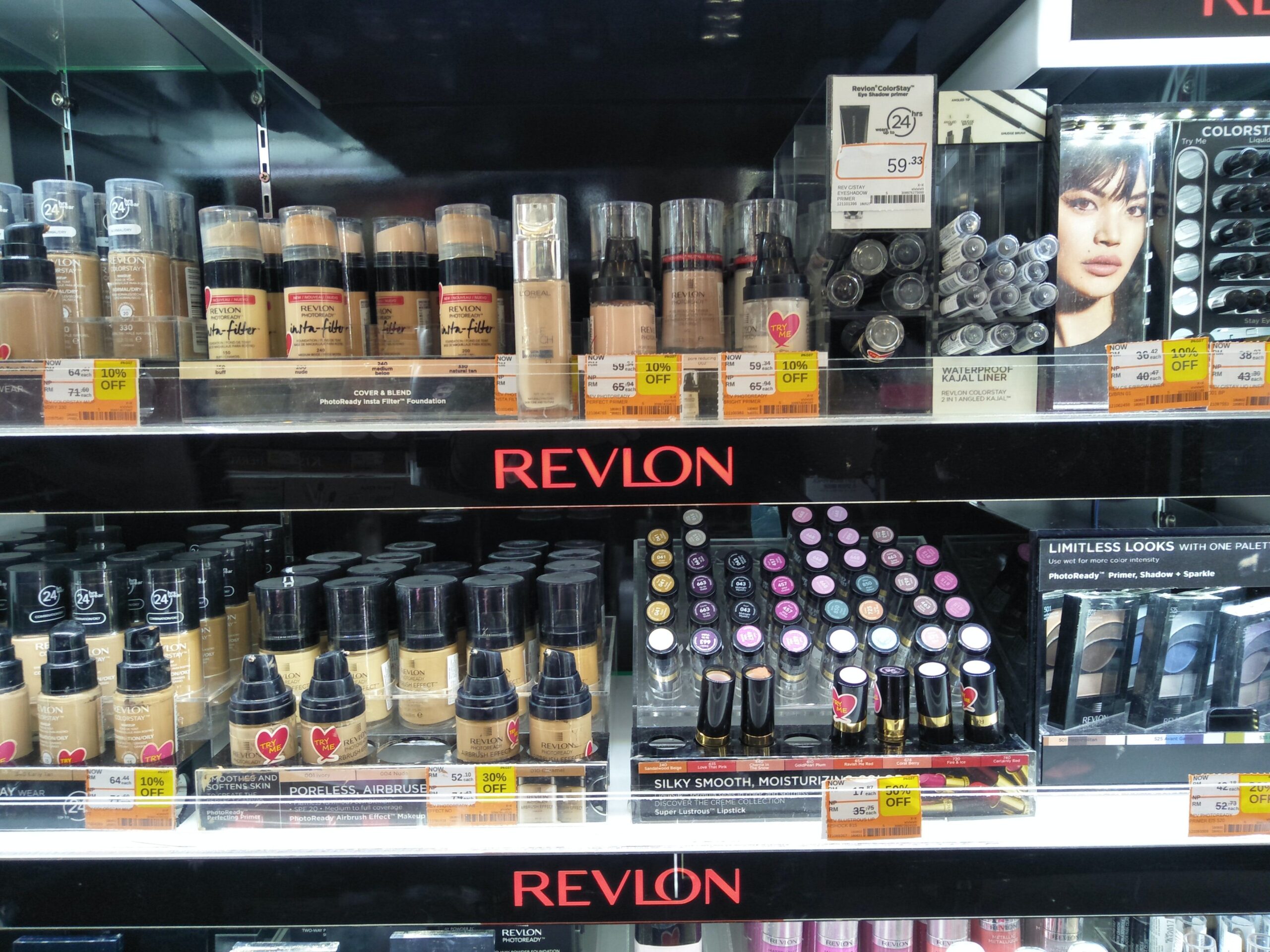
Revlon Inc on Tuesday announced a deal with a holdout faction of lenders, removing the largest remaining roadblock to a plan that would allow the cosmetics maker to exit from bankruptcy by April.
With the latest settlement in place, Revlon now has the support of all of its major creditor groups, eliminating a lingering “threat that litigation and complex disputes would overwhelm” Revlon’s restructuring effort, Revlon attorney Alice Eaton told U.S. Bankruptcy Judge David Jones at a hearing in Manhattan.
Jones said Revlon could now send its restructuring proposal to creditors for a vote, a key milestone in the company’s bankruptcy case. If approved by creditors and the court, Revlon’s restructuring plan would cut $2.7 billion in debt, cancel existing equity shares, and raise $670 million through the sale of equity in the reorganized company.
The holdout faction, which financed Revlon’s purchase of cosmetics and fragrance company Elizabeth Arden in 2016, had sued Revlon and its senior lenders over a 2020 loan that allowed the company to borrow more cash and granted the senior lenders additional control over Revlon’s intellectual property assets.
Under the new settlement, the 2016 lenders can choose to receive up to $56 million in cash, or they can forgo cash payments and receive up to 18 percent of the company’s post-bankruptcy equity shares.
Tuesday’s deal does not change the terms of earlier settlements that Revlon reached with its senior lenders and junior creditors.
The senior lenders will receive most of the company’s equity, valued at $2.75 billion to $3.25 billion. Junior creditors, including retirees with unpaid pension claims and consumers who brought personal injury lawsuits against Revlon, will be paid up to $44 million.
Revlon is majority-owned by Ron Perelman’s MacAndrew & Forbes, which held 85 percent of the company’s shares at the time of its bankruptcy filing. The company’s stock saw a surge in interest from retail investors last year, trading above $8 per share early in the company’s bankruptcy. They traded at $0.66 on Tuesday.
Revlon, which has a 91-year history selling lipstick, nail polish and other beauty products, filed for bankruptcy in June, saying its $3.5 billion debt load and pandemic-related disruptions left it too cash-poor to make timely payments to critical vendors in its cosmetics supply chain.
By Dietrich Knauth, Editing by Alexia Garamfalvi and Bill Berkrot
Learn more:
It was a slow decline for the 90-year-old company, which found itself crippled by massive debt, a pandemic, supply chain issues and growing competition from start-up brands changing beauty ideals and culture.



